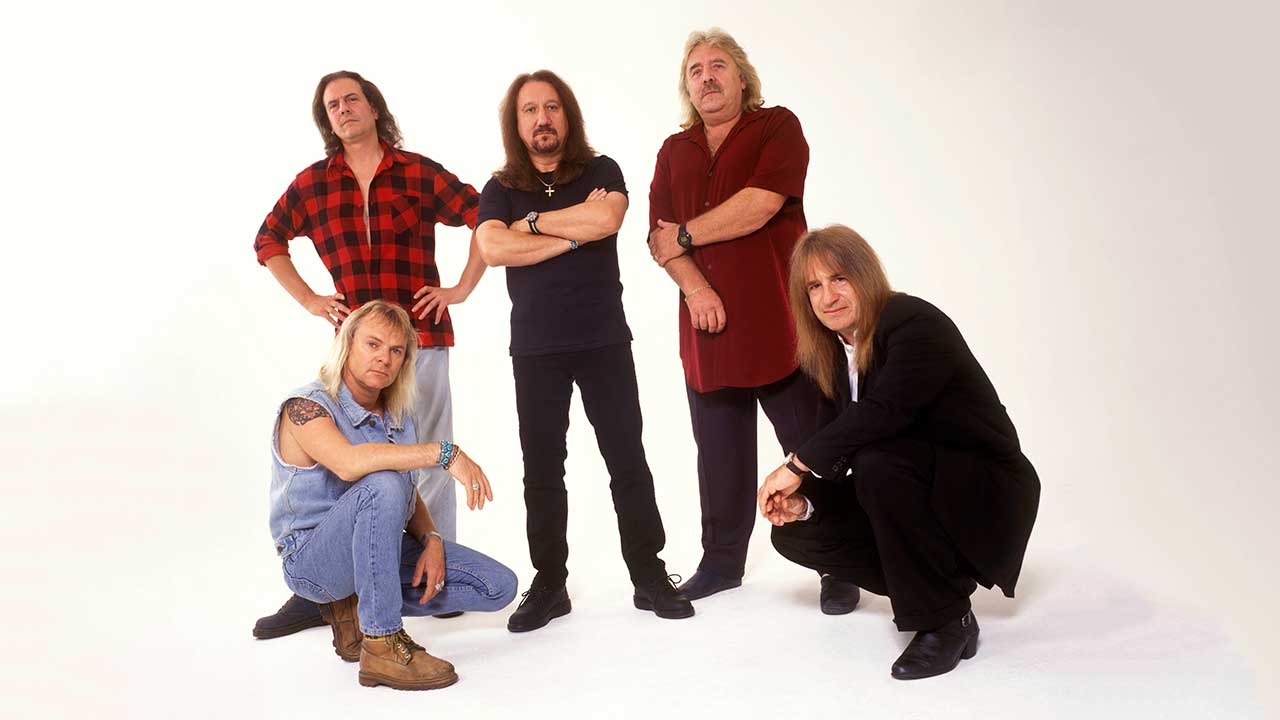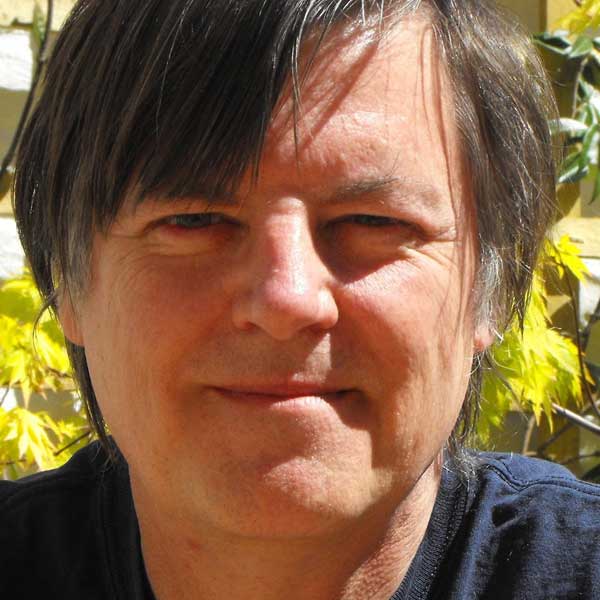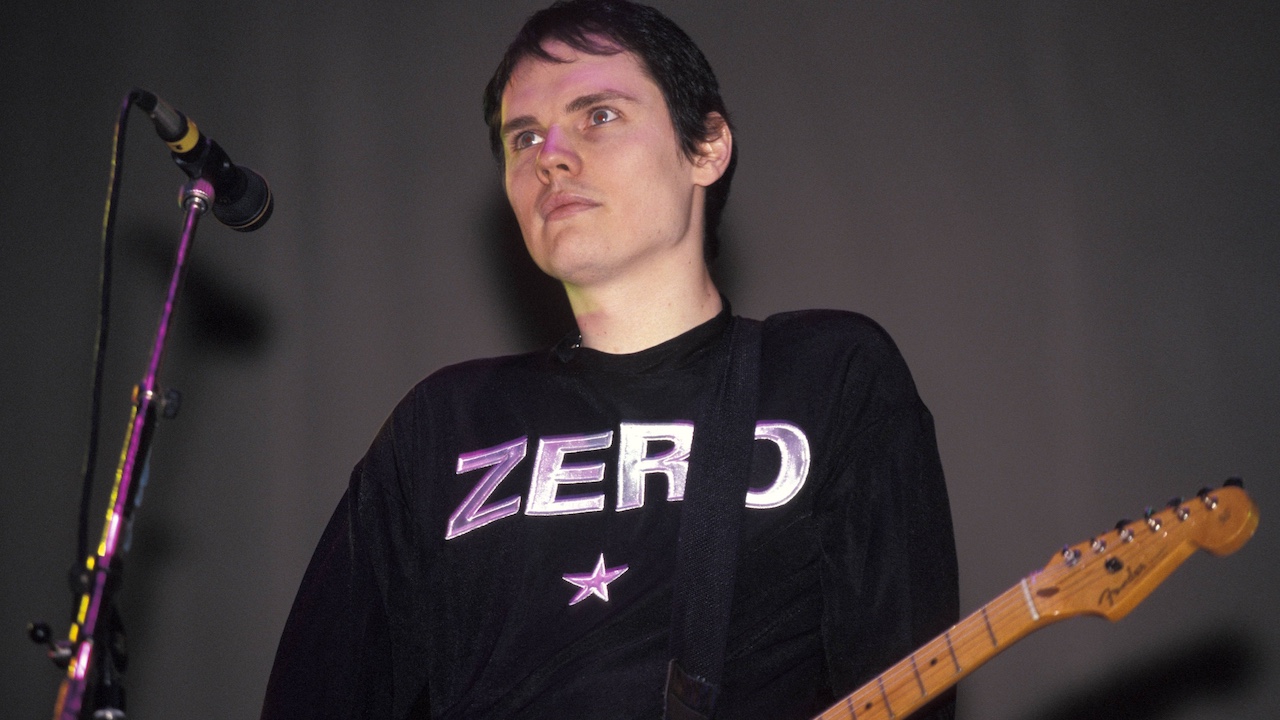"We had heard about fans in Russia being sent to prison just for owning our records": a story of Uriah Heep, KGB agents, guns, girls and gallons of vodka
Moscow at the height of East-West tensions was a grim, alien city. What better place for fading British rockers Uriah Heep to raise their profile?

In 1987, the world was on the verge of seismic change. That winter, Soviet President Mikhail Gorbachev and his US counterpart Ronald Reagan ushered in the first sign of a thaw in the Cold War between the two countries when they signed the Intermediate-Range Nuclear Forces Treaty.
As the two politicians were shaking hands on their historic accord, a bunch of grizzled British rock veterans were busy preparing for their own sortie behind the Iron Curtain to play 10 shows at Moscow’s 18,500-capacity Olympic Stadium.
Uriah Heep weren’t the first Western act to play in Moscow – Elton John, Billy Joel and UB40 beat them to it – but they were the first hard-rock band to do so. And Heep would, in their own small way, become part of world history.

László Hegedus (promoter): Uriah Heep’s career in the West was at a low ebb when Gorbachev came to power and started his Glasnost policy of openness. Yet that’s what made it possible for Heep to go to Moscow and play 10 nights in the Olympic Stadium to 180,000 people.
Steve Parker (manager, Uriah Heep): When László asked if Heep would play in Moscow, I said yes without asking the band. I realised that it could be a worldwide publicity boost for them, and because it looked like Russia would become a major market in the future. The last show they did before Moscow was in a 2,000-capacity club in Germany, so the Olympic Stadium would be a massive leap up.
Artemy Troitsky (Russian journalist/author): In Russia, the only way to get rock albums was on the black market. Rock music was never banned, but it was never on radio or TV, and records were not officially on sale.
Mick Box (guitarist, Uriah Heep): We had heard about fans in Russia being sent to prison just for owning our records.
Sign up below to get the latest from Classic Rock, plus exclusive special offers, direct to your inbox!
László Hegedus: The Russian authorities were afraid of rock, but they trusted me because I had helped the American promoter Bill Graham to put on a show in Moscow as the closing event of a joint US-Russian Peace March from St. Petersburg to Moscow.
Mick Box: We touched down in Moscow a little the worse for wear after several glasses of the celebrated Russian ‘tap-dancing waters’.
Phil Lanzon (keyboards, Uriah Heep): It felt like we’d landed on another planet. Russian media people had got on to the walkway from the plane, and they pursued us right through customs. It was a nightmare just to get out of the airport.
Steve Parker: Unknown to us, the Russian press agency, TASS, had been sending out press releases, trying to turn the concerts into a global news story. They were being presented as part of the opening up of Russia under Glasnost.
Bernie Shaw (singer, Uriah Heep): The Olympic Stadium was a huge, ominous edifice, three football fields wide. We were to play to this hemisphere of 18,500 people in one half, while behind us, in the other half, the World Junior Hockey Championships were going on.
László Hegedus: The Russians had none of the production necessary for a rock show, so I had to bring everything – sound, light, catering, lasers – in trucks from Budapest. We had State Police outriders the whole way from the Russian border, because without them, the local police would have stopped us at every regional crossing and taken anything they liked the look of. Dealing with the Russians was very complex. We had to negotiate everything with the venue management, central government, local government, the Communist Party, the KGB…
Mick Box: We had KGB guys assigned to us who would follow you into the toilet. If we got into a car, four of these huge beefcakes would pile into a little Lada to follow us, squashed up against the windows, which really spoiled the image.
Bernie Shaw: It wasn’t until we hit the stage on the first night that we realised the audience was not allowed to stand in front of us – they had to be seated. There was about 100 metres between us and the first pair of eyeballs. And around the perimeter of the audience were 300 armed soldiers – AK47s, fur hats, trench coats – with their backs to us. We were playing to the backs of their heads.
László Hegedus: The first-night audience were all invites-only. They were bussed in from factories and schools, smartly dressed, suits and ties, real Young Communists.
Mick Box: They were also forbidden from dancing, but they could clap and sing along. They were still 30 metres away, so it was hard to play to them. Luckily we’d started using radio mics, so Bernie and me went running out across the open area to try to shake hands with some of them.
Phil Lanzon: While they were doing that, I stopped playing and wandered to the side of the stage to get a better view. But there were no stage markings, so I fell right over the edge and missed a generator by two inches that could have killed me. I hobbled back holding a bottle of vodka. That was the only way to overcome the pain.
Bernie Shaw: I was able to push through the line of soldiers because they didn’t know what to do. I’d stick the mic in their faces and try to get a bit of conversation out of them – they were under orders to shut up and keep control.
Mick Box: I heard this screeching: “Meeek! Meeek!” This guy was running down the aisle so frantic that he couldn’t stop. He actually took off, looked like a starfish in mid-air. I pulled my guitar up to protect myself and he crashed into me. His teeth went into the back of my Gibson Les Paul, then he slid down and hit the floor. His teeth marks are still visible on the back of my guitar.
Phil Lanzon: After the show, I was bundled into a taxi and told I was being taken to see the doctor. I had a young, silent KGB man with me. The streets were deserted as we drove, until this young lad finally spoke aloud in broken English. He said: “Why you want people to stand in front of stage?” He didn’t look at me, just looked out of his window. Then he said: “This is not good.” I had no idea where I was going. I didn’t know if I was being taken away and I’d never see the band again. It turned out to be the doctor, but the whole atmosphere was very strange.
Steve Parker: Every day we had to have meetings to report to the venue management and some military, in this smoke-filled boardroom. I’d tell them how unhappy the band was with the police and militia everywhere. Gradually we got them to reduce the numbers of military.
Bernie Shaw: Fans came to the stage door, but formal contact between us and them was frowned upon. We had confrontations with the soldiers so we could sign autographs for these kids. Unfortunately it was minus 26, so the ink in their ballpoint pens would freeze. They’d heat up the pens with imitation Bic lighters until the ink was warm enough that we could sign their bootleg copies of our albums.
Steve Parker: One of the road crew had formed a relationship with a Russian girl, and one of the KGB guys tried to drag her outside. Our guy punched him, knocked him to the ground. We froze. We thought we were going to jail. But nothing happened. There was this constant oppressive presence, but in situations like that, they didn’t seem to know what to do.
Mick Box: Whenever we could, we’d go out into the streets and visit the markets. Bernie Shaw: You had to buy everything on the markets. There was nothing in the shops. You’d go to a bakery and they’d have one loaf of bread.
Mick Box: We’d had several boxes of promo pictures printed up. People would take them off us and then use them as currency. They could trade a signed Uriah Heep photo for a fur hat.
Steve Parker: We were making a video of the shows, but the audience was so far away, and so static, that it looked awful. There was one independent radio station, and we organised for them to announce on the Saturday morning that if anybody could get down to the stadium that afternoon, they’d see a free show by Uriah Heep.
László Hegedus: The security guys were not on duty until the evening, so they had no idea this was going on.
Steve Parker: So the afternoon comes round, there was about 500 normal-looking kids out there, waiting patiently, but wearing jeans, T-shirts and long hair. It was almost surreal to see them after having got used to the audiences we’d been seeing.
Mick Box: We did a full show for them at our soundcheck. They went absolutely crazy. They couldn’t believe they’d got in for nothing. That was the best show we did all week.
Bernie Shaw: It was not uncommon to meet girls who would ask you to marry them so they could get out of Russia. I was introduced to a ballerina called Maria, and she invited me back to her tiny one-bedroom apartment. I lost my heart to her. In the morning she went out to the market to buy some fresh fruit, and when I told her I couldn’t eat it, she broke down in tears. They just didn’t have anything of decent quality.
It opened my eyes to how the other half of the planet was living. We, however, were treated very well. After each show, we’d go back to our hotel where we had these beautiful old-fashioned suites. But when one of the crew phoned his girlfriend in England and told her how cold, grey and awful everything was, suddenly there’s a click and a Russian voice says: “Please do not discuss such matters on the international telephone.” They were bugging our phones, listening to everything.
Mick Box: Some of the Hungarian crew searched for the bugs in their room. They found a big bolt sticking up under one of the carpets, so they rolled it back and unscrewed it, only to hear a loud crash from down below. The bolt had been holding up the light fitting in the room below and, just like in Only Fools And Horses, it smashed onto the floor – except this was real life.
László Hegedus: The shows got better and better as the days went on. Gradually the soldiers became much more friendly. By the last show they were moving together with the audience. Those 10 shows really opened Russia up for metal bands and rock bands in general.
For me personally, Uriah Heep was just the first of a long list of artists we were able to bring to Russia. After a while, the Russians even started to pay for it. Twenty-six years later I feel it was all worthwhile, because it has become a great market.
Artemy Troitsky: After Uriah Heep we had plenty of hard-rock bands playing here. Bands like Nazareth, Deep Purple came here around 1990, but I don’t think there was any kind of historical significance in those tours.
Mick Box: We’ve done loads of Russian tours as a result, and we’re still popular over there. But, if I’m honest, even though our albums are now officially on sale, we’ve never really seen much cash coming back from it. It’s still almost impossible to police that sort of thing.
What happened next?
Uriah Heep returned to the UK largely unscathed. Bernie Shaw spent a year arranging to get his ballerina girlfriend to the West. Sadly, the relationship didn’t last.
“She was taking me for a ride," he says. "All she really wanted was a ticket to the West. Once she realised I wasn’t a millionaire rock star, she lost interest, and spent hours on the phone at my expense calling up her friends in Russia. I spent another six months trying to send her back.”
Uriah Heep released an album taken from the shows, Live In Moscow, in 1988.
Johnny is a music journalist, author and archivist of forty years experience. In the UK alone, he has written for Smash Hits, Q, Mojo, The Sunday Times, Radio Times, Classic Rock, HiFi News and more. His website Musicdayz is the world’s largest archive of fully searchable chronologically-organised rock music facts, often enhanced by features about those facts. He has interviewed three of the four Beatles, all of Abba and been nursed through a bad attack of food poisoning on a tour bus in South America by Robert Smith of The Cure.

